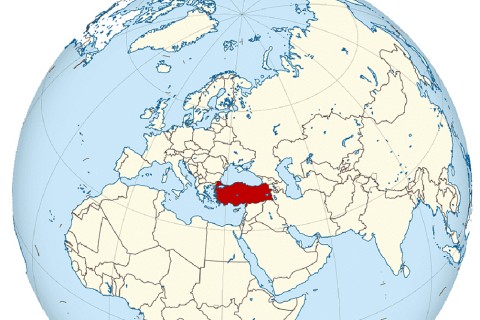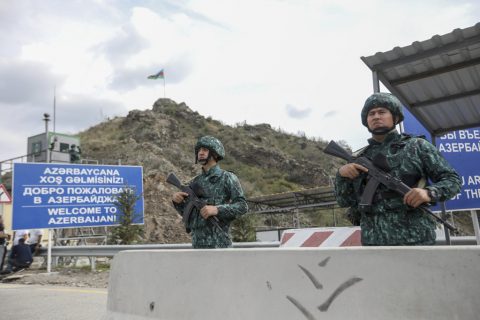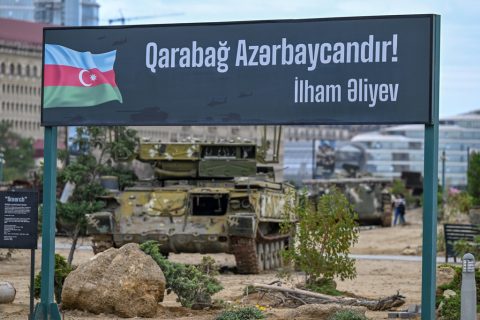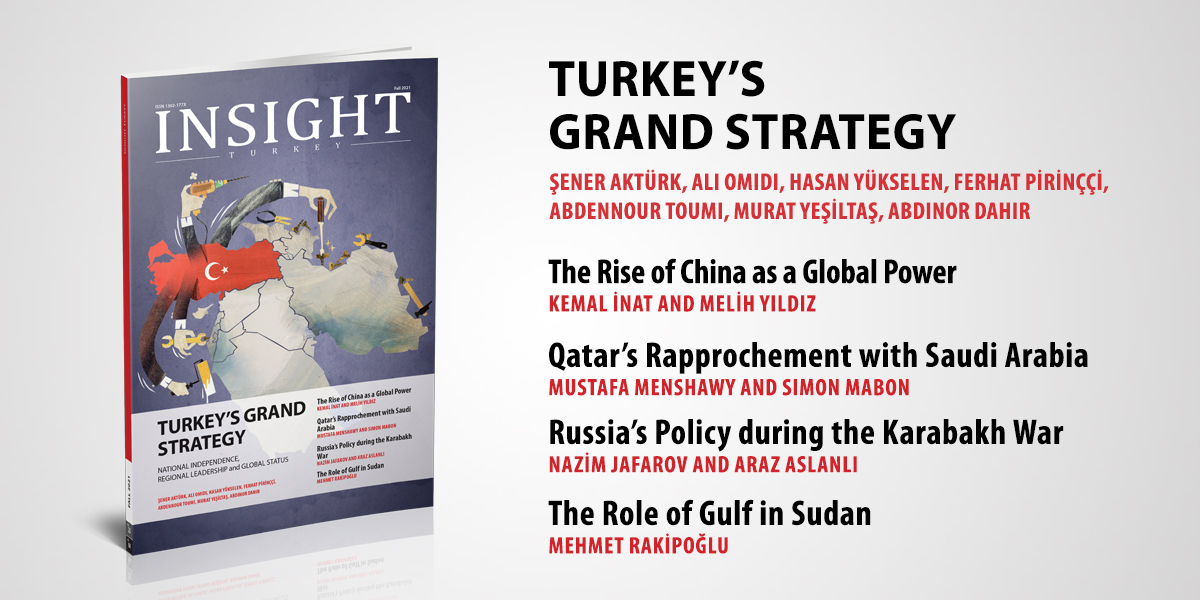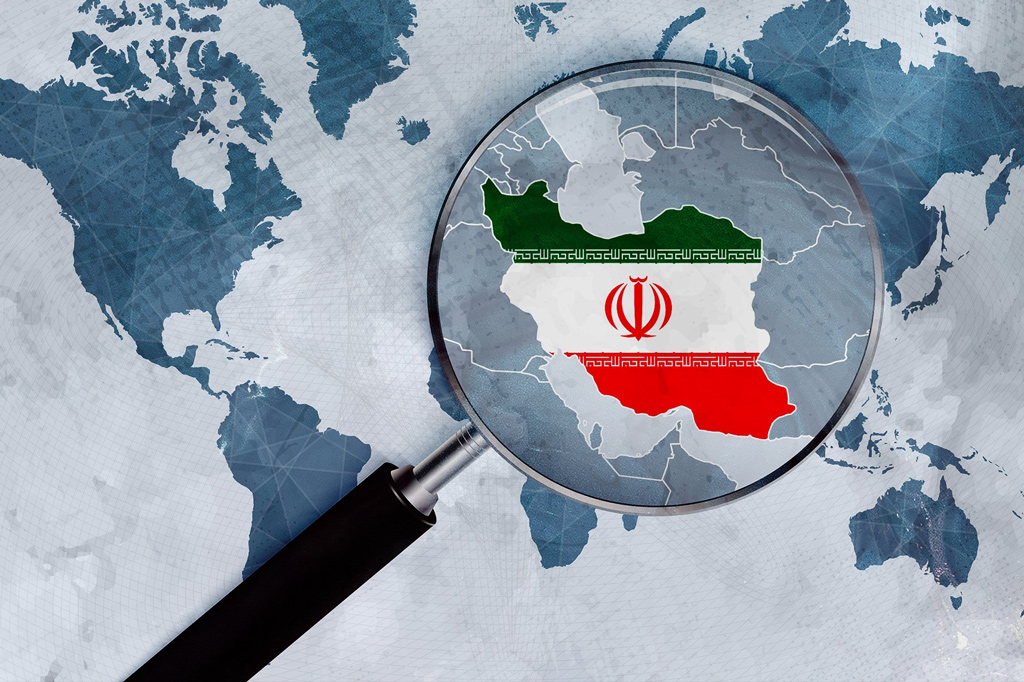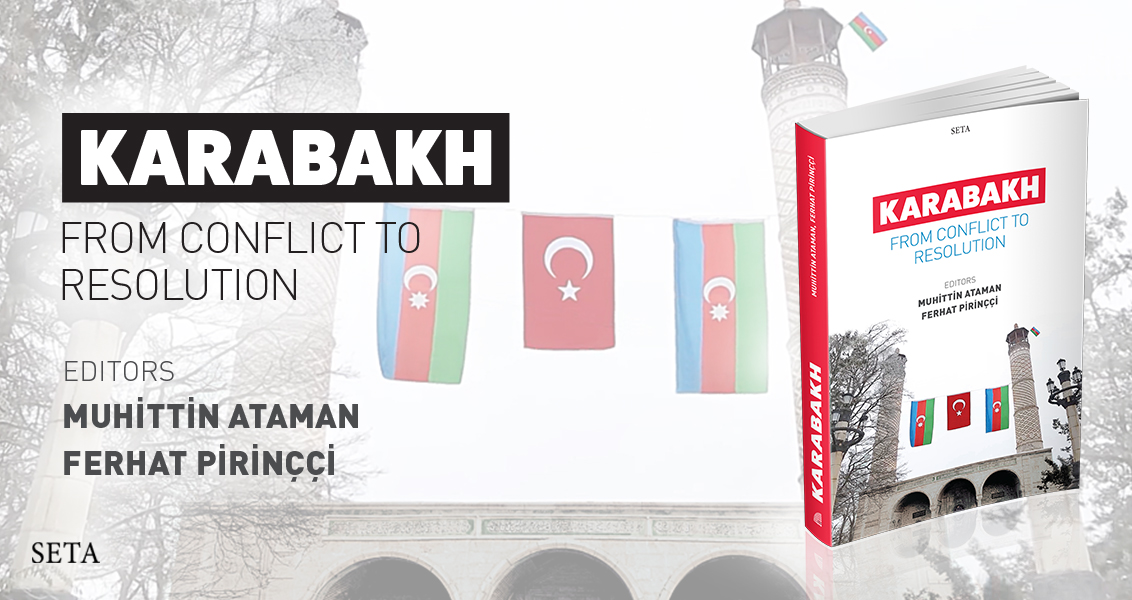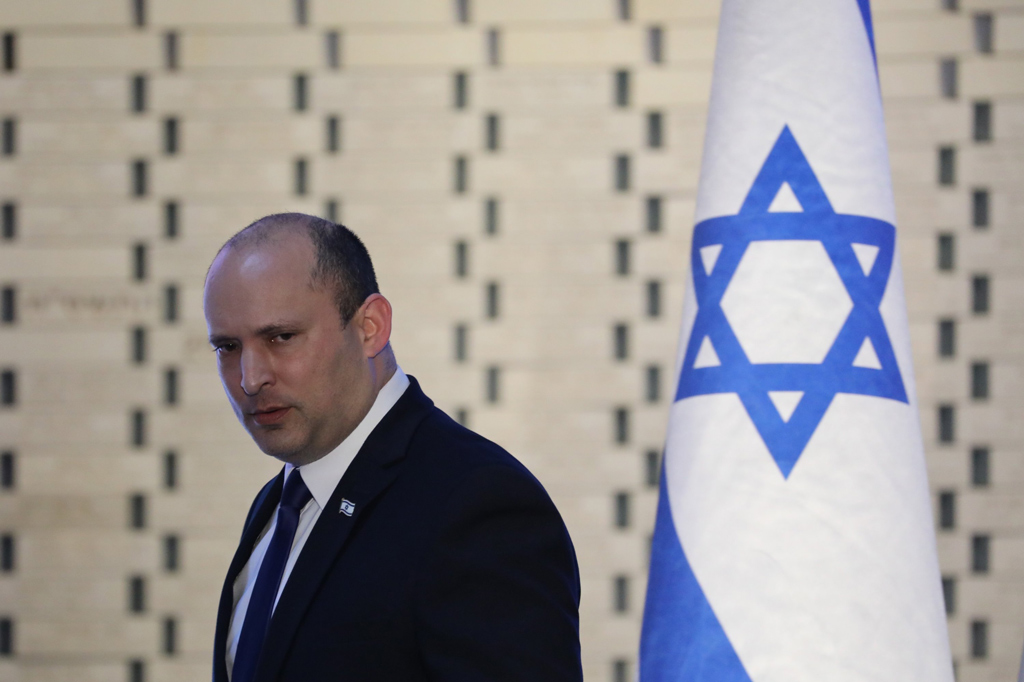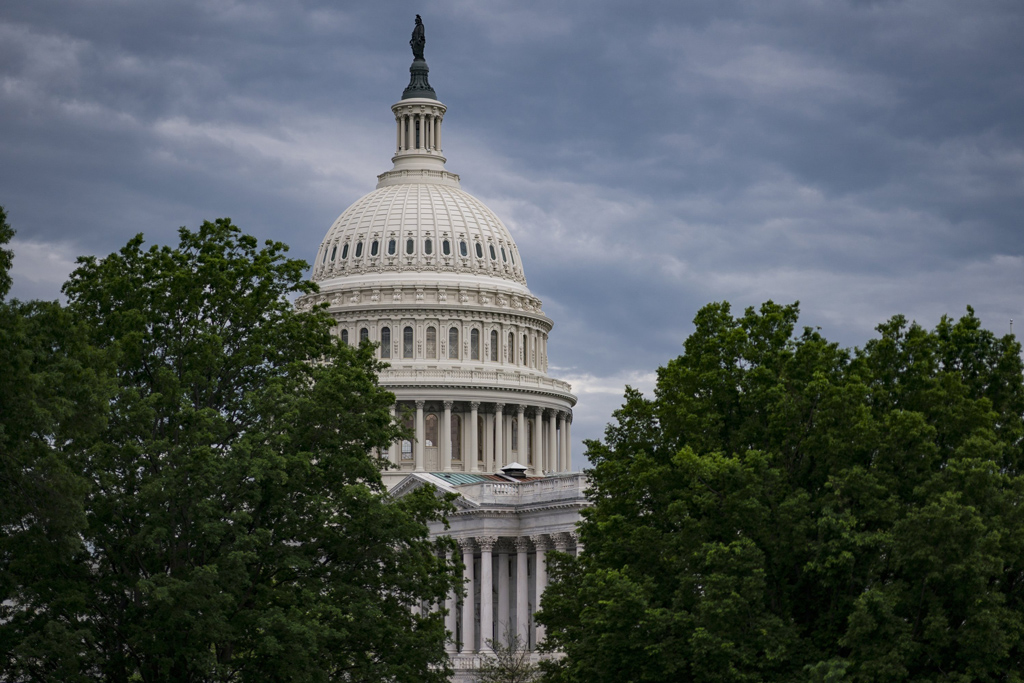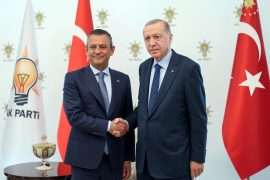Karabakh Conflict
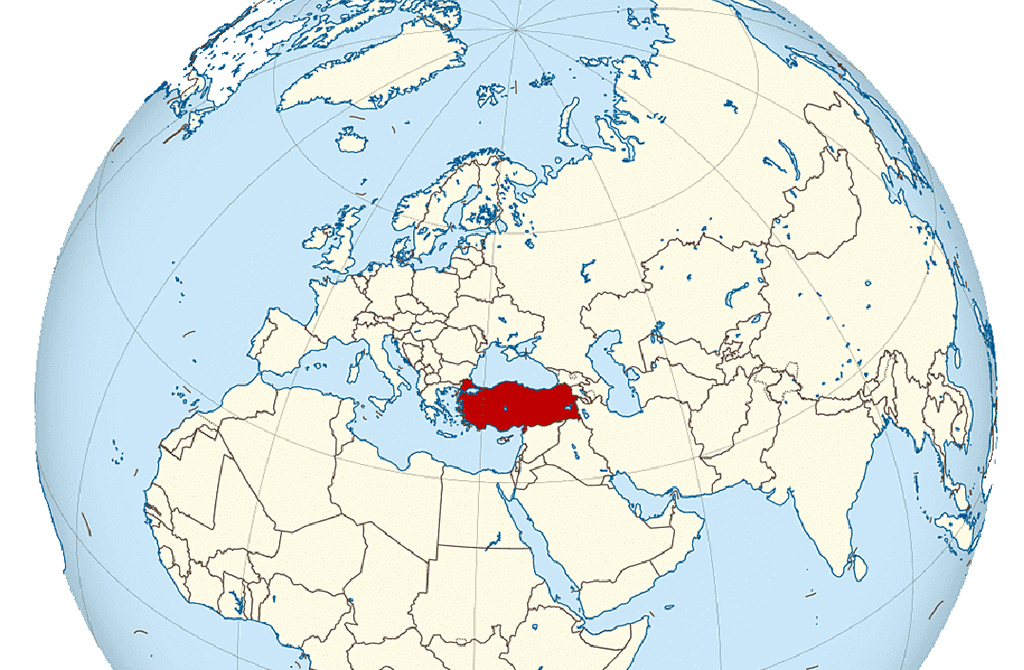
Türkiye’s growing geopolitical significance beyond geography
| OpinionMerely skimming over the world news, one quickly notices Türkiye’s growing geopolitical significance. Let me …
-
Opinion
Türkiye’s growing geopolitical significance beyond geography
By Burhanettin DuranMerely skimming over the world news, one quickly notices Türkiye’s growing geopolitical significance. Let me elaborate by highlighting four issues, excluding countless others – including migration, armed drones, the Altay tank and Türkiye’s rapprochement with Egypt. Türkiye will host the third international meeting toward the Ukraine peace summit. Ankara pledged to target all PKK terror groups and its Syrian presence YPG assets in Iraq and Syria. Azerbaijan refused to participate in EU-brokered talks with Armenia in Spain, citing Türkiye’s exclusion. Last but not least, the Abu Dhabi-based investment company ADQ is in talks with Türkiye regarding constructing a railroad over the Bosphorus as part of a trade corridor linking Europe with the Middle East and Asia. Obviously, Türkiye’s direct involvement in peace diplomacy, counterterrorism, the South Caucasus region’s stability and energy/logistics corridors does not just relate to its geographical location.
-
Opinion
The Western hypocrisy in Karabakh
By Muhittin AtamanAzerbaijan has successfully launched a large-scale military operation against the so-called self-declared Armenian state in Karabakh between Sept. 19 and 20. Thus, it has completed the process of what it achieved after the Second Karabagh War in November 2020. After meeting with the representatives of the local Armenians, the Armenians declared the dissolution of their so-called state. Thus, Azerbaijan has resolved the Karabagh issue. From now on, the Karabagh issue is an internal problem of the Azerbaijani state. The two sides will meet on Oct. 5 in Spain to negotiate the new conditions and possibly to sign a peace agreement.
-
Opinion
The post-Karabakh geopolitical landscape in the Caucasus
By Murat YeşiltaşThe 44-day war between Azerbaijan and Armenia in 2020, which concluded with Baku’s victory, triggered a significant shift in the post-Cold War geopolitical landscape of the Caucasus region. Azerbaijan’s successful effort to partially end the Armenian occupation of Karabakh had two major implications.
Bu Konuda Daha Fazla
-
Insight Turkey Publishes Its Latest Issue “Turkey’s Grand Strategy”
By SETAThis issue of Insight Turkey, through off-topic pieces, covers very significant issues related to the changes in the international system, Karabakh War, Gulf rivalry, and developments in the Balkans.
-
What does Iran want in the South Caucasus?
By Muhittin AtamanWith its regional mindset and strategy, there is now a way for Tehran to be productive in the South Caucasus
-
Karabakh: From Conflict to Resolution
By Muhittin Ataman By Ferhat PirinççiOn September 27, 2020, regional clashes erupted following a provocative Armenian attack on the front line, leading to a reemergence of the dragged-out Karabakh conflict onto the world agenda. When the clashes first started, few could have guessed that this period would be known as the “Second Karabakh War” and that it would lead to key outcomes in a short time span. With the influence of various factors on the war, especially Turkey’s support, Azerbaijan liberated an important segment of its occupied lands, dealing a clear defeat to Armenia. This war is an important turning point in terms of reversing the status quo which had been attempted to be imposed on Azerbaijan for nearly 30 years. The status quo demonstrated that the Karabakh conflict, and hence Armenia’s occupation of Azerbaijani territories, was unsustainable. The current book conducts a comprehensive analysis of the Karabakh conflict, with contributions from field-expert academics and specialists from Azerbaijan and Turkey. While doing so, it addresses the significance of the Karabakh conflict, its historical background, the Second Karabakh War, and the Karabakh policies of thirdparty actors from a broad perspective.
-
Turkey and the 3 elections in the region
By Burhanettin DuranThe recent votes in Israel, Armenia and Iran have affected both the region and those countries' relations with Turkey. In particular, Tel Aviv's new Prime Minister Bennett's discriminatory statements and Tehran's new President Raisi's conservative attitude are on the agenda
-
US’ unilateral actions against Turkey source of problem
By Burhanettin DuranThe backlash over U.S. President Joe Biden’s statement on the so-called Armenian 'genocide' continues. Deeming the Turkish government’s reaction insufficient, opposition leaders argued that President Recep Tayyip Erdoğan lacked 'the courage to hang up on Biden.' Main opposition Republican People's Party (CHP) Chairperson Kemal Kılıçdaroğlu and Good Party (IP) leader Meral Akşener eagerly attacked the government much more fiercely than they reacted to the White House statement. Turkey’s contemporary foreign policy, they said, was actually responsible for what happened.
